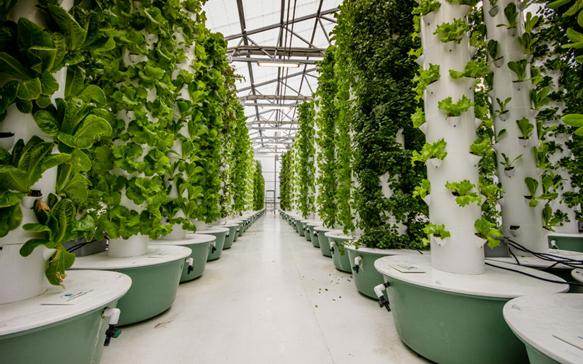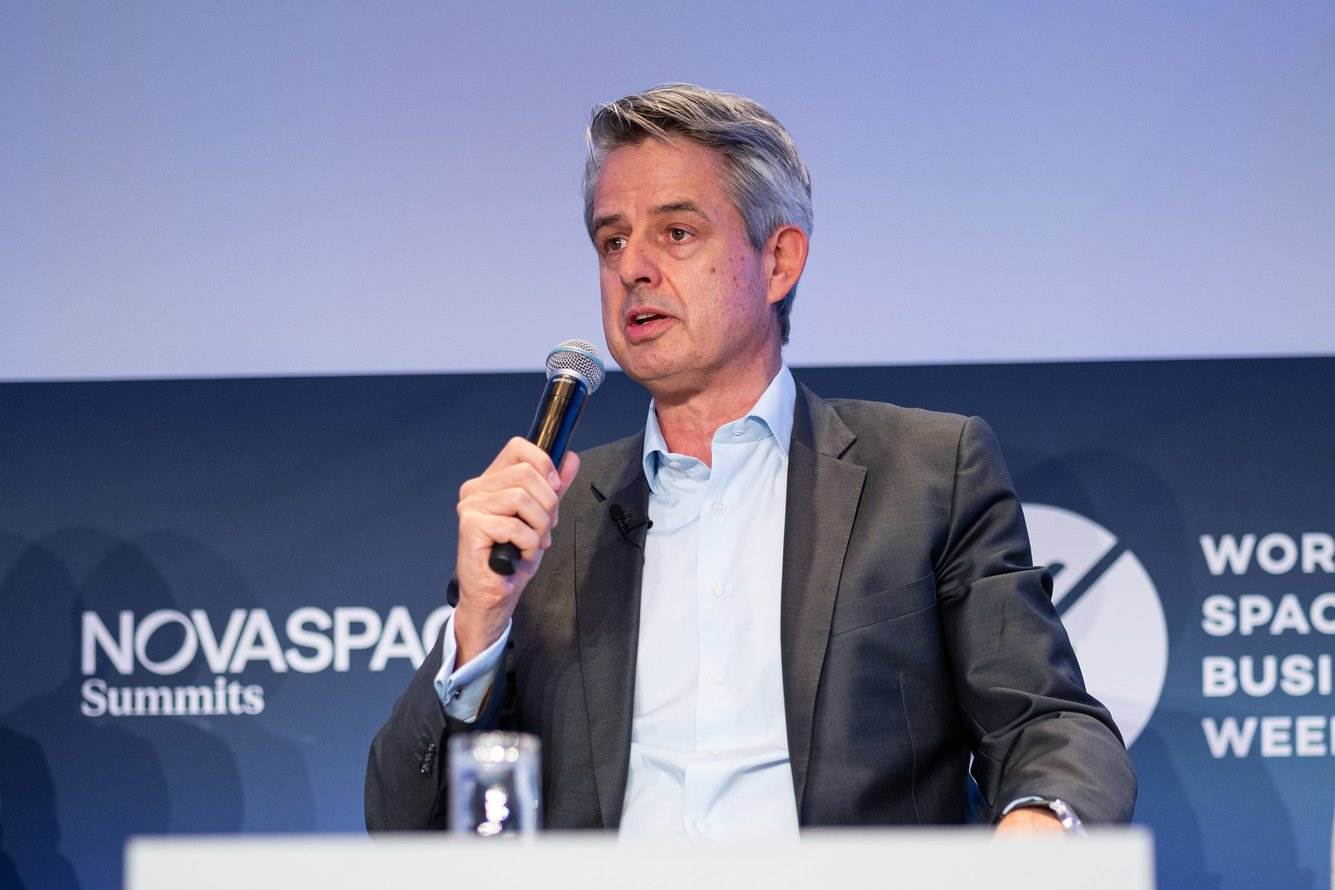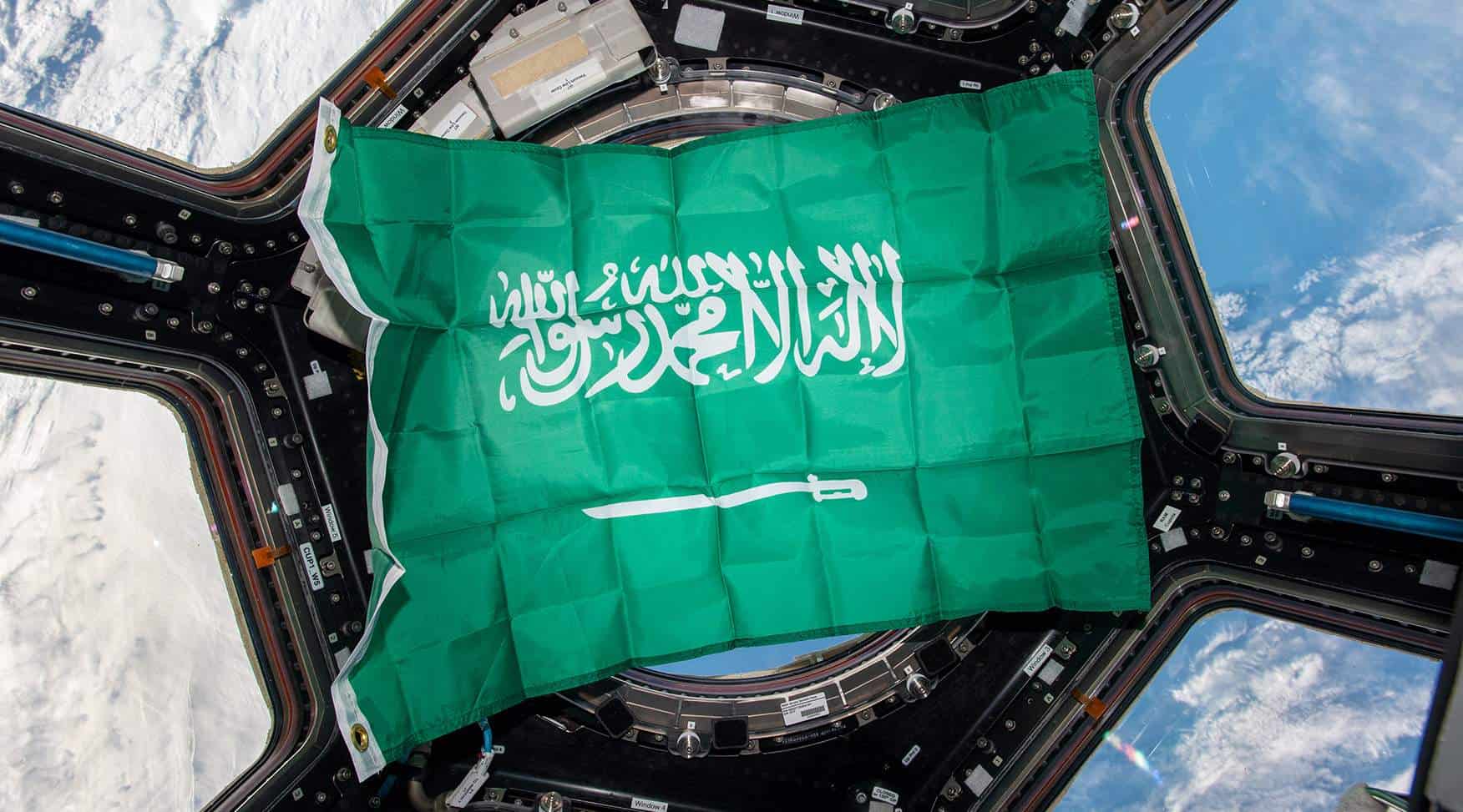Saudi Arabia Launches 1st License for Aeroponics Agriculture in Middle East
Technology tamfitronics

Saudi Arabia’s Ministry of Environment, Water, and Agriculture has issued the first operational license for a commercial agricultural project utilizing aeroponics technology in the Middle East.
According to the Saudi Press Agency (SPA), the new project aims particularly to meet the Kingdom’s needs for agricultural products and build a sustainable agricultural future.
Technology tamfitronics 1st Operational License
The license was presented by Undersecretary for Agriculture at the Ministry Eng. Ahmad Al-Ayada during a ceremony attended by representatives of a significant coalition of local and international companies. The coalition consists of Tamimi Markets Group from Saudi Arabia, Mitsui Group from Japan, and Zero Group from Italy.

These companies will innovate modern agricultural solutions powered by state-of-the-art technologies and AI through the Green Dunes Company.
The license stands as a testament to the Ministry’s commitment to fully achieving the National Agriculture Strategy and the goals of the Saudi Vision 2030.
Moreover, the Ministry has recently announced the completion of the first phase with the establishment of an aeroponics farm to produce various vegetable varieties.
Technology tamfitronics Aeroponic Farming

The aeroponics technology is generally known for its efficiency, as it decreases water consumption by 95% compared to traditional farming techniques and enables year-round productivity.
Interestingly, the project boasts AI and automation at all production stages, deploying advanced monitoring systems and performance indicators to promote output.
Aeroponic farming is the growing of fruits and vegetables without the need for soil. The concept of soilless cultivation is based on suspending plants in a closed or semi-closed environment whilst spraying their dangling roots and lower stems with a nutrient-rich water solution.
Related Topics:
Seaweed Farming Initiative Emerges in Amaala, Red Sea
Farmers Ramp up Preparations ahead of Al-Baha Pomegranate Festival
Ministry of Environment Unveils Investment Opportunities for Integrated Agricultural Cities in Makkah
Short link :
Post Views: 34








